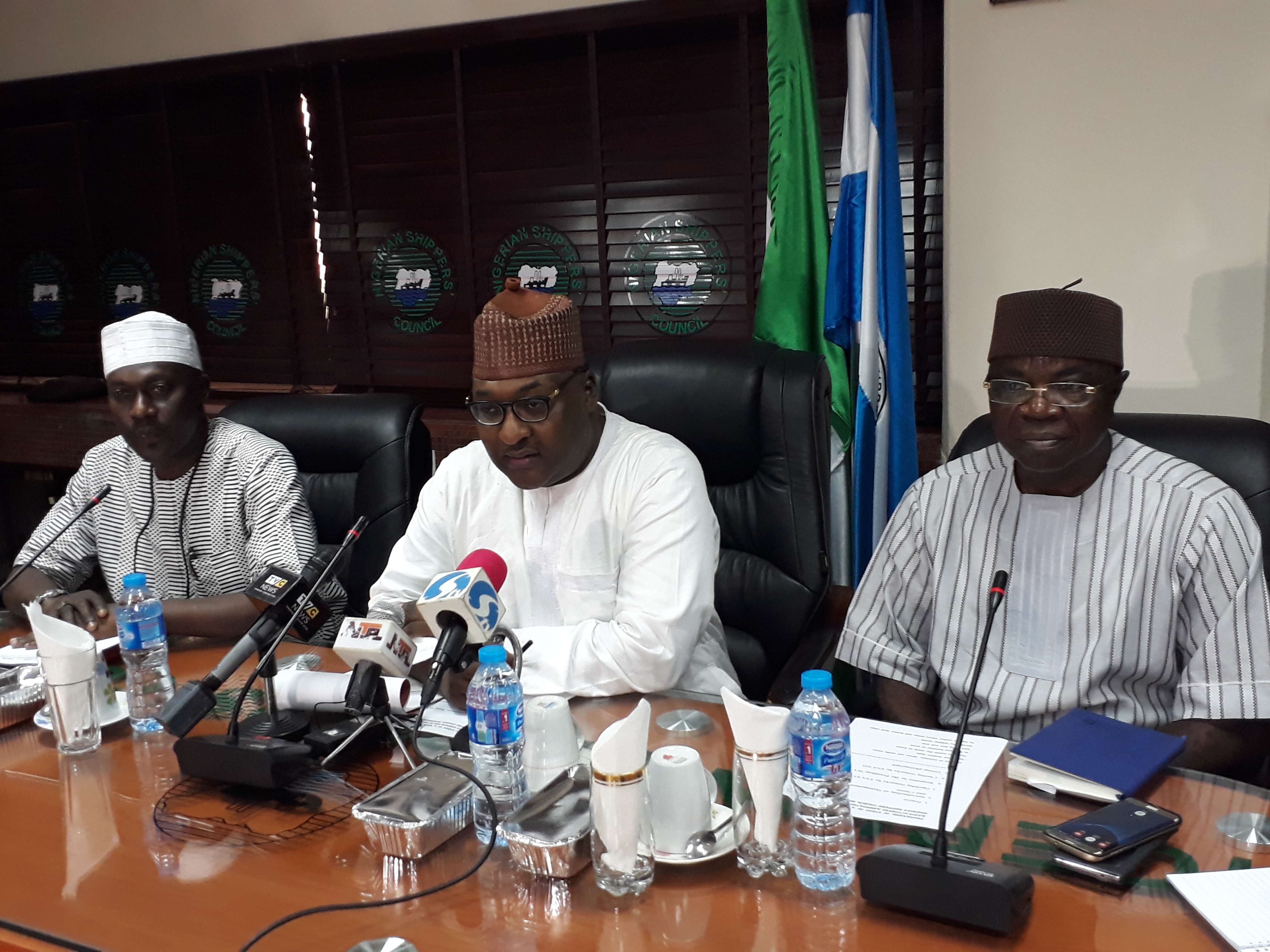
Director General, Manufacturers Association of Nigeria (MAN) Segun Ajayi-Kadir has appealed to the Federal government to review a policy of the Central Bank of Nigeria (CBN), which bars the importers of some 41 items from accessing foreign exchange through the official forex window.
Ajayi-Kadir who made the plea while fielding questions from journalists when he led some members of the association on a courtesy visit to the Executive Secretary of the Nigerian Shippers’ Council (NSC), Hassan Bello on Friday, said more than 200 factories have closed down within the space of two years due to CBN policy.
“Customs’ effort to intervene has not succeeded and we are still engaging them but engagement have to stop at some point and we need to start seeing action. The restriction on the 41 items should be reviewed to remove the raw materials that are in it.
According to him, 95 out of the more than 680 tariff lines in the 41 items are raw materials that are not locally available hence the need for government to remove them from the list.
“The way out is to take out those materials that are listed on the 41 items. It is not the right thing to do to deny any manufacturing industry the material it needs to produce. It just does not make sense. It was an error that was made and must be corrected. The raw materials that are needed to produce must be brought in especially because they are not locally available.
“To deny us access to those raw materials is ill advised and it should be changed. We are engaging government, the CBN and the Presidency. We have been having positive reactions, but something just needs to be done,” he said.
He added that there is need for government to provide a conducive and friendly operating environment for the manufacturers to operate.
“A conducive environment is a prerequisite for a successful manufacturing company. An environment that is not conducive is like taking the fish out of water,” he said.
Earlier, Mr. Hassan Bello said NSC would continue to promote the ease of doing business and a reduction in the cost of doing business in Nigeria.
“The essence of privatization is to bring down the cost of doing business comparative to what we have in other climes and we can only do that through negotiations and we have been doing that to see that prices are reasonable and competitive together with the service providers,
“Everything we do, we need to get their buy-in because our regulation is democratic and we will achieve the same aim that we set out to achieve.
“The operating environment adds to little infractions here and there but with Shippers’ Council coordinating, these things will be minimized before the end of this year,” he said.
Copyright Ships & Ports Ltd. Permission to use quotations from this article is granted subject to appropriate credit given to www.shipsandports.com.ng as the source.
